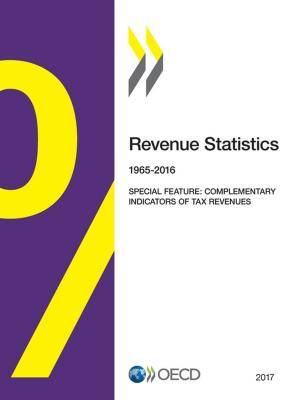| Author: | Collectif | ISBN: | 9789264285538 |
| Publisher: | OECD | Publication: | October 27, 2017 |
| Imprint: | OECD | Language: | English |
| Author: | Collectif |
| ISBN: | 9789264285538 |
| Publisher: | OECD |
| Publication: | October 27, 2017 |
| Imprint: | OECD |
| Language: | English |
Computer scientists are working on reproducing all human skills using artificial intelligence, machine learning and robotics. Unsurprisingly then, many people worry that these advances will dramatically change work skills in the years ahead and perhaps leave many workers unemployable.
This report develops a new approach to understanding these computer capabilities by using a test based on the OECD’s Survey of Adult Skills (PIAAC) to compare computers with human workers. The test assesses three skills that are widely used at work and are an important focus of education: literacy, numeracy and problem solving with computers.
Most workers in OECD countries use the three skills every day. However, computers are close to reproducing these skills at the proficiency level of most adults in the workforce. Only 13% of workers now use these skills on a daily basis with a proficiency that is clearly higher than computers.
The findings raise troubling questions about whether most workers will be able to acquire the skills they need as these new computer capabilities are increasingly used over the next few decades. To answer those questions, the report’s approach could be extended across the full range of work skills. We need to know how computers and people compare across all skills to develop successful policies for work and education for the future.
Computer scientists are working on reproducing all human skills using artificial intelligence, machine learning and robotics. Unsurprisingly then, many people worry that these advances will dramatically change work skills in the years ahead and perhaps leave many workers unemployable.
This report develops a new approach to understanding these computer capabilities by using a test based on the OECD’s Survey of Adult Skills (PIAAC) to compare computers with human workers. The test assesses three skills that are widely used at work and are an important focus of education: literacy, numeracy and problem solving with computers.
Most workers in OECD countries use the three skills every day. However, computers are close to reproducing these skills at the proficiency level of most adults in the workforce. Only 13% of workers now use these skills on a daily basis with a proficiency that is clearly higher than computers.
The findings raise troubling questions about whether most workers will be able to acquire the skills they need as these new computer capabilities are increasingly used over the next few decades. To answer those questions, the report’s approach could be extended across the full range of work skills. We need to know how computers and people compare across all skills to develop successful policies for work and education for the future.















